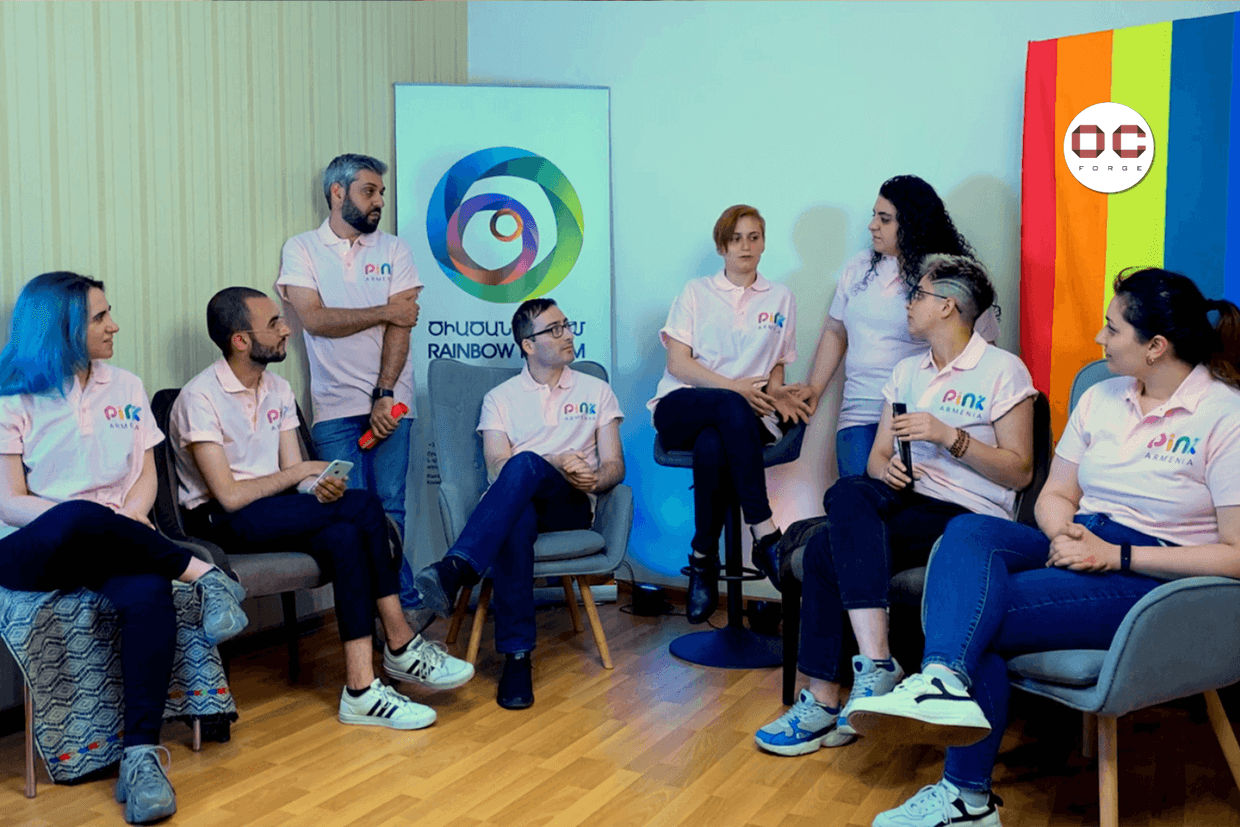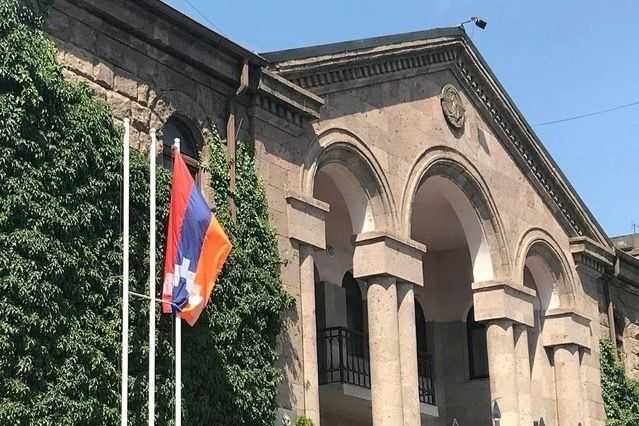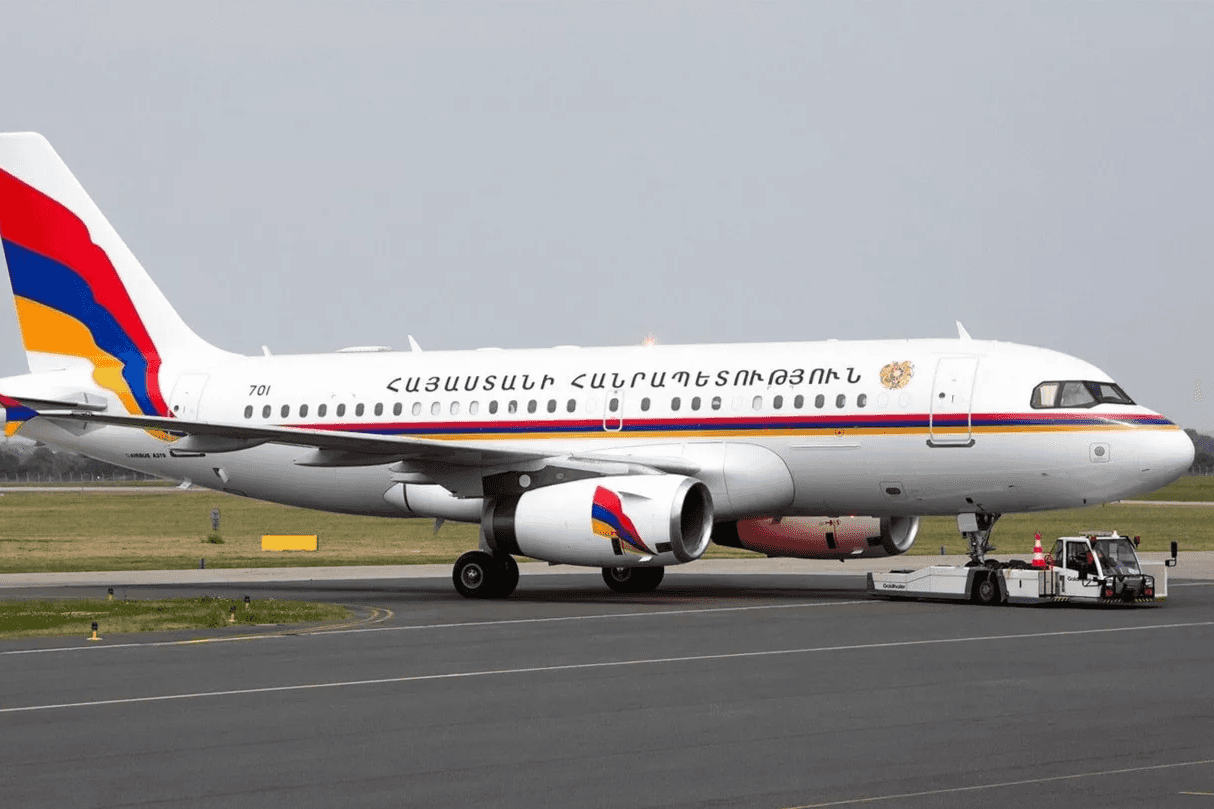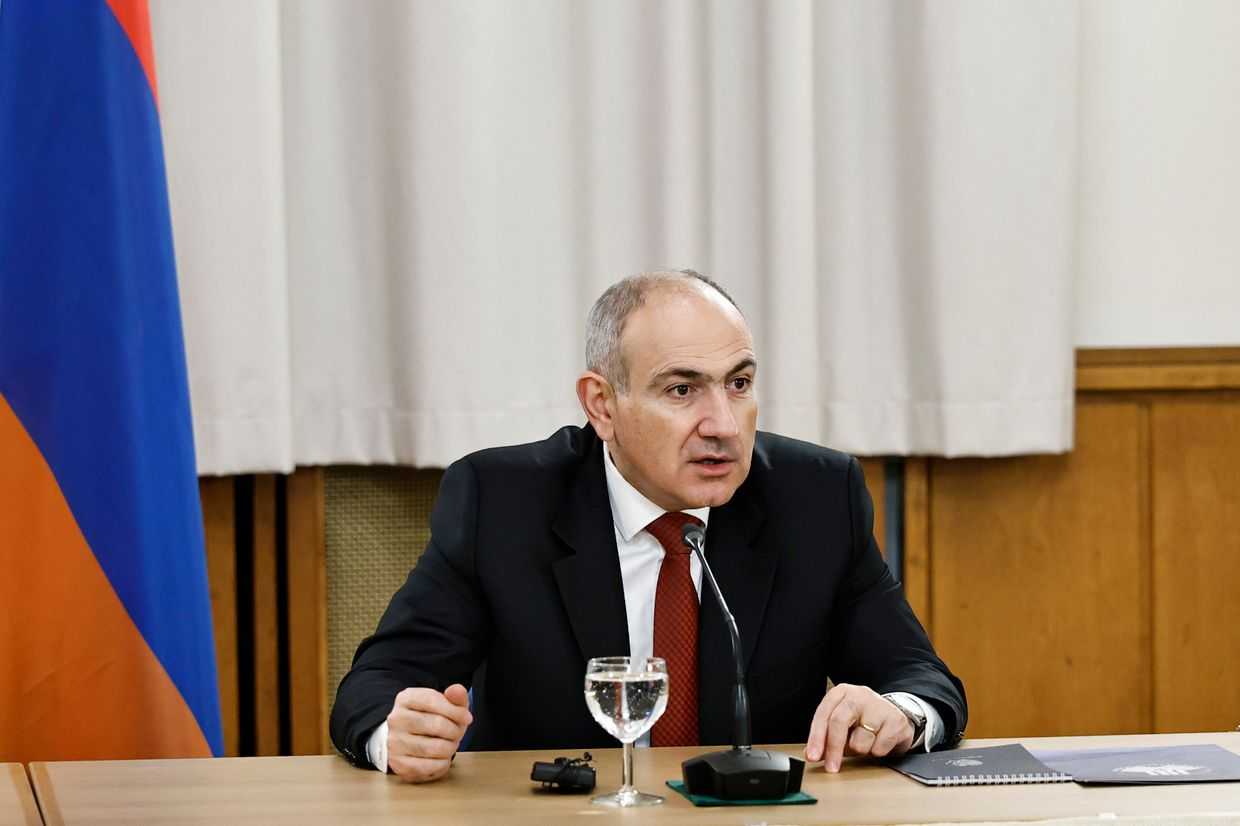
The European Court of Human Rights (ECHR) decided against Azerbaijan in two separate cases regarding the deaths of Armenian captives in 2014. One of the two died shortly after being taken captive, while the other died two months after repatriation.
In two rulings announced on November 4, the ECHR ordered Baku to pay the families of Karen Petrosyan and Mamikon Khojoyan a total of €80,000 ($92,000) in damages.
The Court found violations of several articles of the European Convention on Human Rights, including Article 2 (the right to life), Article 3 (prohibition of torture), and in the case of Khojayan, Article 5 (unlawful detention).
The two civilian residents of Armenia’s northern Tavush province were taken captive by Azerbaijani troops in 2014.
Petrosyan, a 33-year-old villager crossed the border for unclear reasons in August 2014. ‘On the same day, two video recordings of Mr Petrosyan were broadcast by Azerbaijani media. In the first one, he was seen being offered tea by a local resident of the village of Aghbulag and having a conversation with some of the other villagers. In the second recording, he was being interrogated, while standing on his knees with his hands cuffed and being restrained by soldiers’, Armenia’s official report regarding the case reads.
Petrosyan was accused of being a soldier, ‘having killed civilians, inciting hatred and causing aggression’.
He was pronounced dead the following day. Baku claimed that he died of ‘acute heart failure’. Armenian authorities claimed that Petrosian was murdered.
The body of Petrosyan was repatriated two months after his death. According to an official report from the Armenian authorities, the body of a dead civilian was ‘in a severely decomposed state’ and the internal organs ‘were missing’.
Seventy-seven-year-old Mamikon Khojoyan was captured by Azerbaijani forces in January 2014. Azerbaijani authorities claimed that Khojoyan was a member of an ‘Armenian sabotage group’ and that he was armed at the time of his capture.
Armenia claimed that he had crossed the border ‘by accident’.
Khojoyan was repatriated in March 2014 and died a little over two months later. Armenian doctors reported that he had suffered serious injuries during his captivity, including a bullet wound to his right arm. Tests also showed the presence of ‘psychotropic’ and petroleum substances in his blood and urine.
Zahid Oruj, the chair of Azerbaijan’s Parliamentary Committee on Human Rights, has called the ECHR’s decision ‘biased’, adding that he believed the Azerbaijani government would pay the fine.








